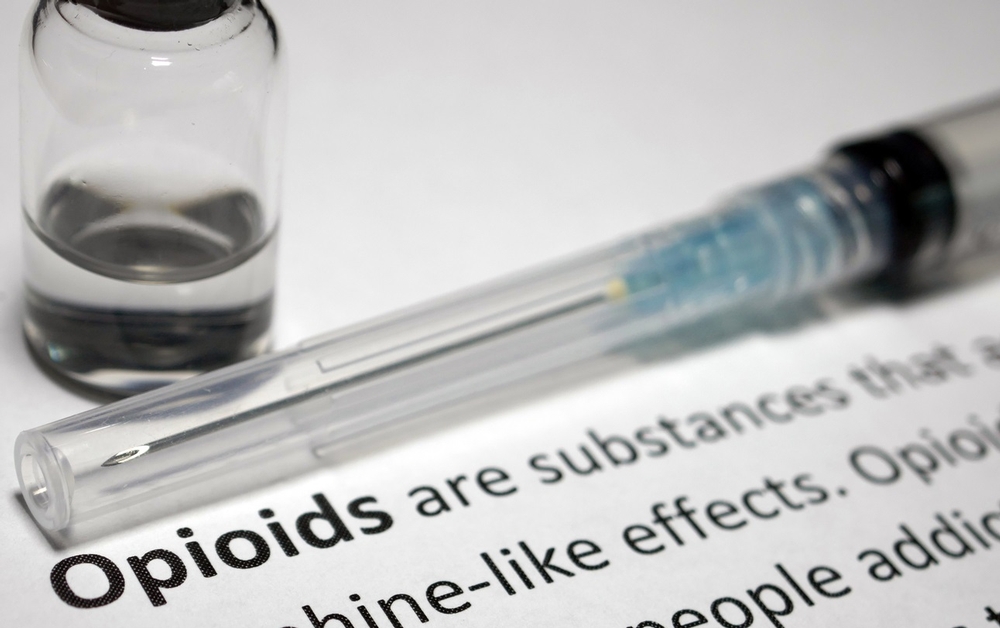
Recent Posts:
- When a Dental License Investigation Results in a Dental Malpractice Complaint
- Defending Your South Carolina Teaching Certificate
- South Carolina Alcohol Beverage License Defense
- Responding to a South Carolina Board of Medical Examiners Complaint
- Three Things to Consider when Applying for, or Renewing, a Nursing License in SC
Categories:

Governor McMaster Issues Directive to Limit Opioid Prescriptions
December 19, 2017 by Robyn W. Madden
McMaster Declares Opioid Crisis Statewide Public Health Emergency
On Monday, December 18, 2017, Governor Henry McMaster declared the opioid crisis a statewide public health emergency, and issued two Executive Orders, 2017-42 and 2017-43, aimed at combating the Opioid epidemic in South Carolina. Prescription pain medication specifically noted to be associated with the epidemic included hydrocodone, oxycodone, codeine, morphine, heroin, and analogs of the synthetic opioid analgesic fentanyl, including carfentanyl.
Opioid Emergency Response Team Created
Executive Order 2017-42 noted the creation of an Opioid Emergency Response Team. The Order notes that the team was created to effectively coordinate federal, state and local resources, and to ensure coordination and collaboration among government agencies, private entities, and associations, and state and local law enforcement. The team, which will be comprised of state and federal enforcement agencies, state health regulatory agencies, (including a representative from the South Carolina Department of Labor, Licensing and Regulation (LLR) and the South Carolina Department of Health and Environmental Control (DHEC)) and health care treatment providers, will be tasked with drafting an Opioid Abuse State Plan by June 2018 with a list of action items. Other tasks include recommending ways to strengthen the current Prescription Drug Monitoring Program (SCRIPTS).
McMaster further noted the recently issued Joint Revised Pain Management guidelines, which we discussed here, advising that “[n]othing in this Executive Order is intended to invade the practitioner-patient relationship or intrude into the prescriber’s area of expertise. The purpose of the Executive Order is to limit the scope of acute and post-operative situations to prevent the initiation of dependency and addiction.”
Opioid Prescriptions for Medicaid Patients Limited
Executive Order 2017-43 further directs the South Carolina Department of Health and Human Services to limit Opioid prescriptions for acute and post-operative pain to a maximum of five days for state Medicaid recipients. According to a press release issued by the Governor, The State Public Employee Benefit Authority (PEBA) has also agreed to enact a limit for all State Health Plan participants. Governor McMaster further implored the State General Assembly to pass legislation limiting all initial Opioid prescriptions to five days.
Proper Documentation is Critical for Licensed Professionals
Although the Order acknowledges that it does not intend to invade the practitioner-patient relationship, a licensee with prescriptive authority to write Schedule II pain medication should proceed with caution in light of the recently issued Executive Orders. Practitioners, including physicians and dentists, should ensure that the risks and benefits of Opioids are discussed and documented, that alternatives are explored, and that the lowest dose possible is prescribed for the shortest amount of time. With the declaration will likely come increased monitoring of Schedule II medication administration. Nurses who administer Schedule II pain medication should ensure that each patient is properly accessed, the rights of medication are followed, and that any waste is witnessed and promptly disposed of. In short, a licensee’s best defense may be proper documentation.
If you have received notice of an LLR complaint related to your practice, we offer a consultation to discuss your rights as well as possible defenses. We fight to protect your right to continued practice. 803.227.4254.